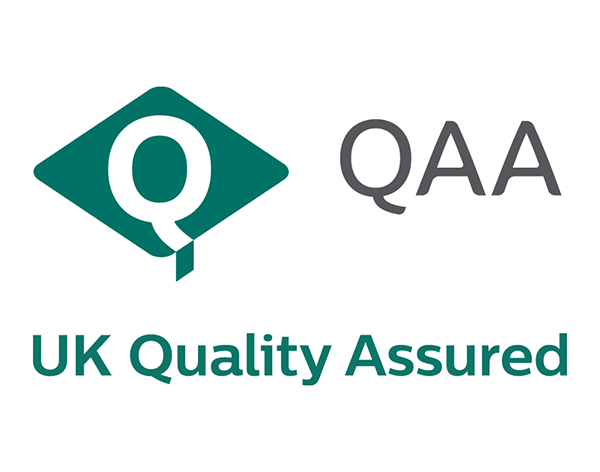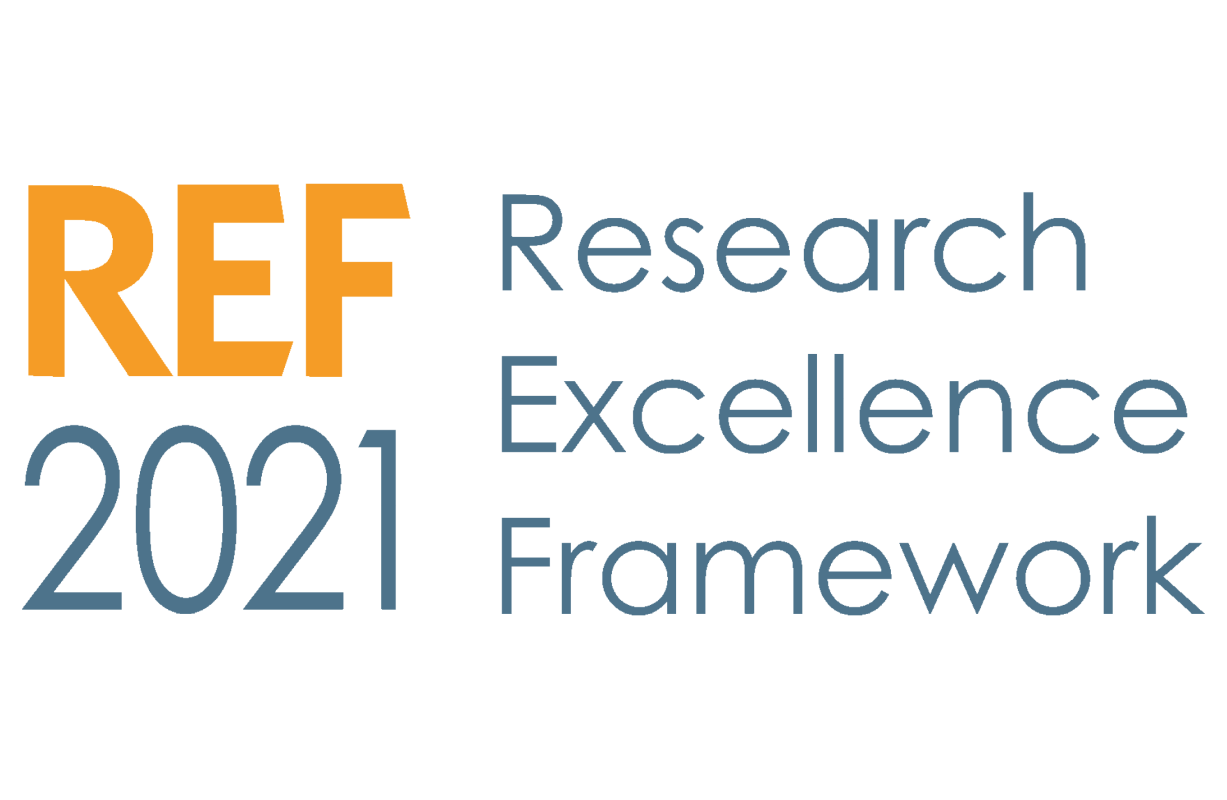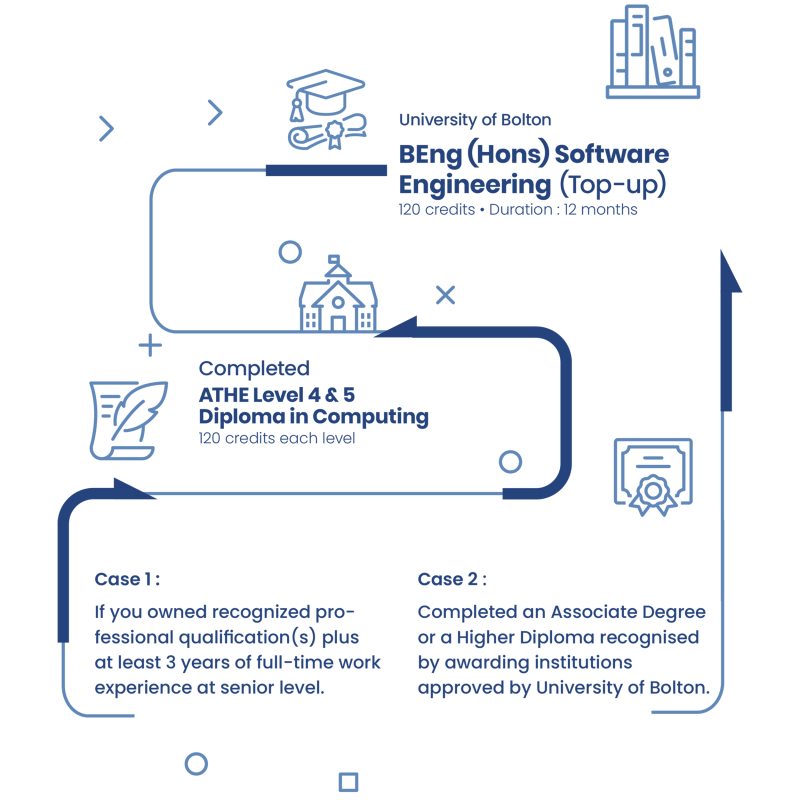It takes around 12 months to complete the BSc program. After completing the Qualifi Level 4 & 5 postgraduate diploma, students can apply for the BEng programme at the University of Bolton.
Ranked 46th in the UK
The Guardian The Best UK Universities League Table

89nd University in UK
Studyin-uk-UK University Ranking 2022

124th in UK
CUG The Complete University Guide – University League Tables 2023





University of bolton
Course Type
BEng (Hons) Top-Up
Study Method
Distance Learning
Start Date
September / January
Course Duration
12 Months
Assessment
No exam, assessed on a continuous basis through assignments and class participation
Language Medium
English
Progression Pathway

Requirements
- • UK RQF/ NQF Level 6; or HKQF Level 5 qualification or
- A bachelor’s degree awarded by a recognized institution or
- A recognized professional qualification (s) plus at least 3 years of full-time work experience at senior level.
Shortlisted applicants may be invited for an interview
English Requirements:
- IELTS 5.5; Reading and Writing must be at 5.5 or
- HKALE Use of English at Grade E or above, or HKDSE Examination English Language at Level 3 or above or
- Satisfy the examiners in UK EDUCATION qualifying examination, if required.
Your existing educational qualifications and work experience will be directly taken into account, allowing for module exemptions whenever possible.
Please make an enquiry below.
ATHE Level 4 Diploma in
Computing
Start Date: Anytime
Duration: Anytime
Mode of Study: Distance Learning
Structure: 10 Mandatory with no exam
ATHE Level 5 Diploma in
Computing
Start Date: Anytime
Duration: Anytime
Mode of Study: Distance Learning
Structure: 10 Mandatory with no exam
Mandatory Units
1. Undergraduate Project
Optional Units
1. Agile Programming
2. Enterprise Systems Development
3. Machine Learning
4. Software Quality Management
MSc Top-Up Provided by University of Bolton
More Information
This module offers students the opportunity to showcase their ability to work independently on a comprehensive, in-depth project that requires the coherent and critical application of Computer Science theory and skills. Students must first create a project proposal and related materials to outline their work, specifying clear, specific, academically justified, and appropriately scoped aims and objectives, as well as feasible methods for achieving those aims and objectives. Students then work independently to achieve their project goals, demonstrating practical development and analytical skills, innovation and/or creativity, and synthesizing information, ideas, and practices to create a coherent problem solution. Self-management and self-evaluation are essential aspects of this process. Students should choose a project area that reflects their skills and future career goals, with the module incorporating the following GAME attributes: Lifelong Learner and Adaptable.
The objective of this module is to integrate students’ software development skills through the creation of enterprise-level systems that address business problems. Enterprise systems are complex, distributed systems made up of distinct interacting components that provide integrated support for key business processes. These systems enable organizations to be more efficient and adaptable to changing needs compared to multiple standalone applications. This module emphasizes the development of enterprise software (design methods, technologies, standards, and trends) and considers the commercial motivation and system management issues to facilitate communication and decision-making during development and deployment. The module also highlights the importance of constructing business systems to address business challenges and includes the following GAME attributes: Self-Aware and Enterprising.
This module introduces the fundamentals of machine learning and the principled application of machine learning techniques for extracting information and insights from data. The module covers supervised and unsupervised learning methods, aiming to equip students with the knowledge and applied skills in machine learning tools and techniques that can be utilized to solve real-world data science problems. The module includes the following GAME attributes: Self-Aware and Confident.
The Agile Programming module familiarizes software engineers and computer scientists with agile methodologies, related frameworks, management practices, and testing strategies increasingly used in the industry. The assessment approach emphasizes authentic experiences by immersing students in agile methodologies while developing a significant software artifact in groups. Students must employ critical and lateral thinking capabilities to independently formulate and justify approaches for management and testing. This module includes the following GAME attributes: Effective Communicator and Collaborative.

